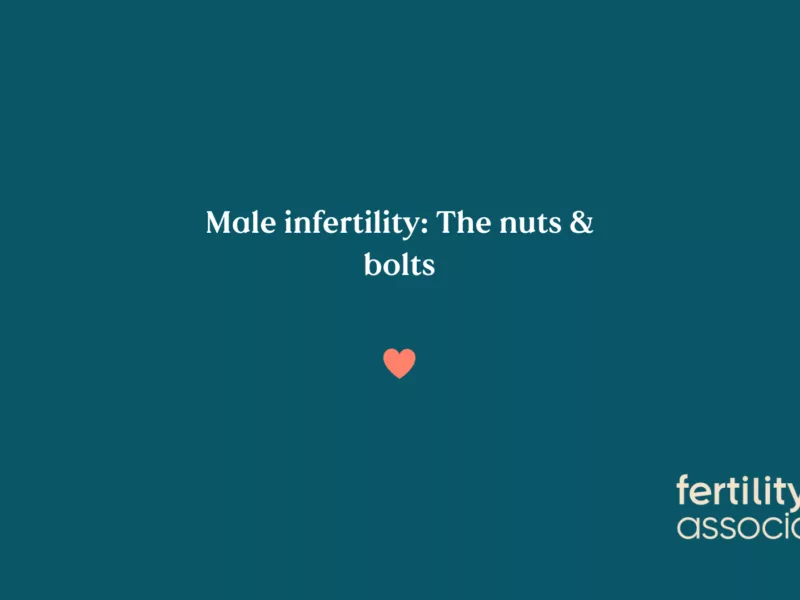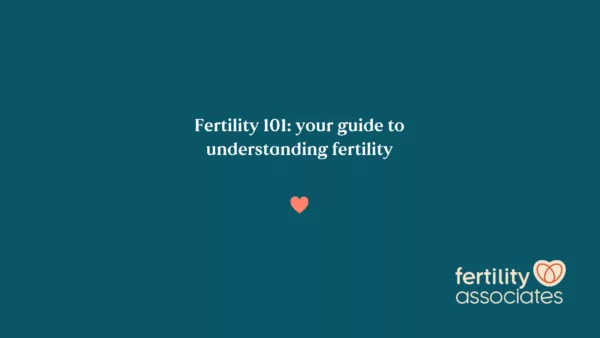Male infertility: The nuts and bolts

Join us for a deep dive into the world of male infertility in Dr Simon Kelly's upcoming webinar. We'll be exploring the reasons behind male infertility, the various types, and most importantly, what steps can be taken to improve sperm health. Male infertility is a topic that is often swept under the rug, but it's time to shine a light on it and discuss how we can support men in their fertility journey.






